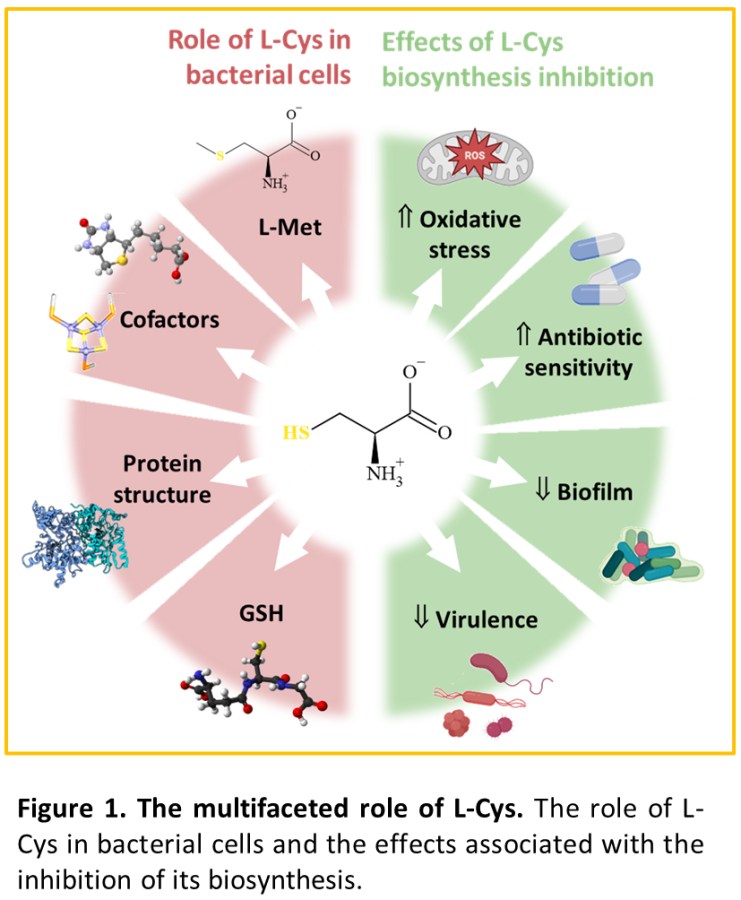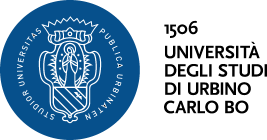
dE Novo L-cysteine biosynthesis in Pseudomonas aeruginosa:
patHway Assessment for novel aNtibiotic disCovEry
Cysteine is a precursor of many different molecules, vital for bacterial survival, growth, and infection. Being involved in processes linked to antibiotic resistance like oxidative stress resistance and biofilm formation, the modulation of its biosynthesis is likely to impact the susceptibility of bacteria to antibiotics.
The de novo cysteine biosynthetic pathways, absent in humans, has been extensively investigated in Mycobacteria and several gram-negative bacteria and exploited in medicinal chemistry campaigns. Surprisingly enough, for Pseudomonas aeruginosa, one of the most threatening pathogens in the antimicrobial resistance era, it still represents a scarcely investigated and totally unexploited pathway far antibiotic discovery.
ENHANCE exploits an integrated approach far validating the enzymes involved in the biosynthesis of cysteine in Pseudomonas aeruginosa as targets far the future development of innovative antibacterials and/or enhancers of antimicrobial therapy.











